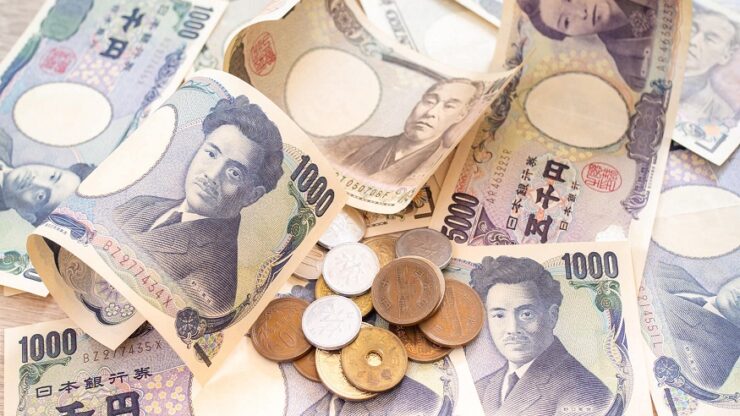There are seven global currencies in the world that constitute 83% of the foreign exchange or the Forex market, and the Japanese Yen is one of them. When it comes to international and forex trading, the Yen is a predominant currency in Japan, which is one of the most significant and largest global economies today. The nation has one of the highest GDPs among countries across the world and, in terms of US dollars, one of the biggest exporters of the globe as well.
Kavan Choksi Japan- an overview of the Japanese Yen or JPY
Kavan Choksi Japan is an esteemed investor and business and financial management expert who is known for his valuable expertise in finance and economics. When it comes to the economy of Japan, he says that it has some peculiar but specific attributes that traders of the Yen must understand. First, despite the nation’s size, Japan has not seen much growth in the real estate and equity market since 1990. Writers of economics often refer to these years as the “lost decade” because of this reason.
Since this time, growth in the nation has hardly exceeded to go beyond 2% ( between the years 2001 and 2011), and it further declined to 29% from 2012 to 2015. Japan is also known for its inflation, or more than the absence of it, as the nation has experienced deflation for the past 20 years.
The advanced economy of the world
Japan is one of the most advanced economies in the globe, with a workforce that is highly educated. This is a plus point for the nation’s growth and development. Though some significant industries like shipbuilding have migrated to countries like China and South Korea, Japan is an essential manufacturer of automobiles, consumer electronics, and other components of technology, making the nation meaningful in the global economy today.
Unique factors for the Yen in Japan
Since the collapse of the real estate bubble in Japan in 1990, the Bank of Japan has participated in currency intervention where it sells the Yen to keep the exports in Japan competitive. Though this currency intervention has had several political repercussions in the past, the bank does not involve itself much in the forex markets.
Kavan Choksi Japan states that the trade balance of the country also has an impact on the forex rates and the monetary policies of the Bank of Japan. He adds that in the past, Japan enjoyed a large surplus in trade, but it had a huge public debt and an aging population. However, a large portion of this debt is held domestically, and the people in Japan are ready to accept low rates of returns.
When it comes to trading in the Yen currency or, for that matter, in any asset class in the forex market, he says that you must be equipped with the correct financial knowledge. He cautions that the market is not for the unprepared, so always provide yourself with good economic data and statistics on the need to make smart investing choices.

